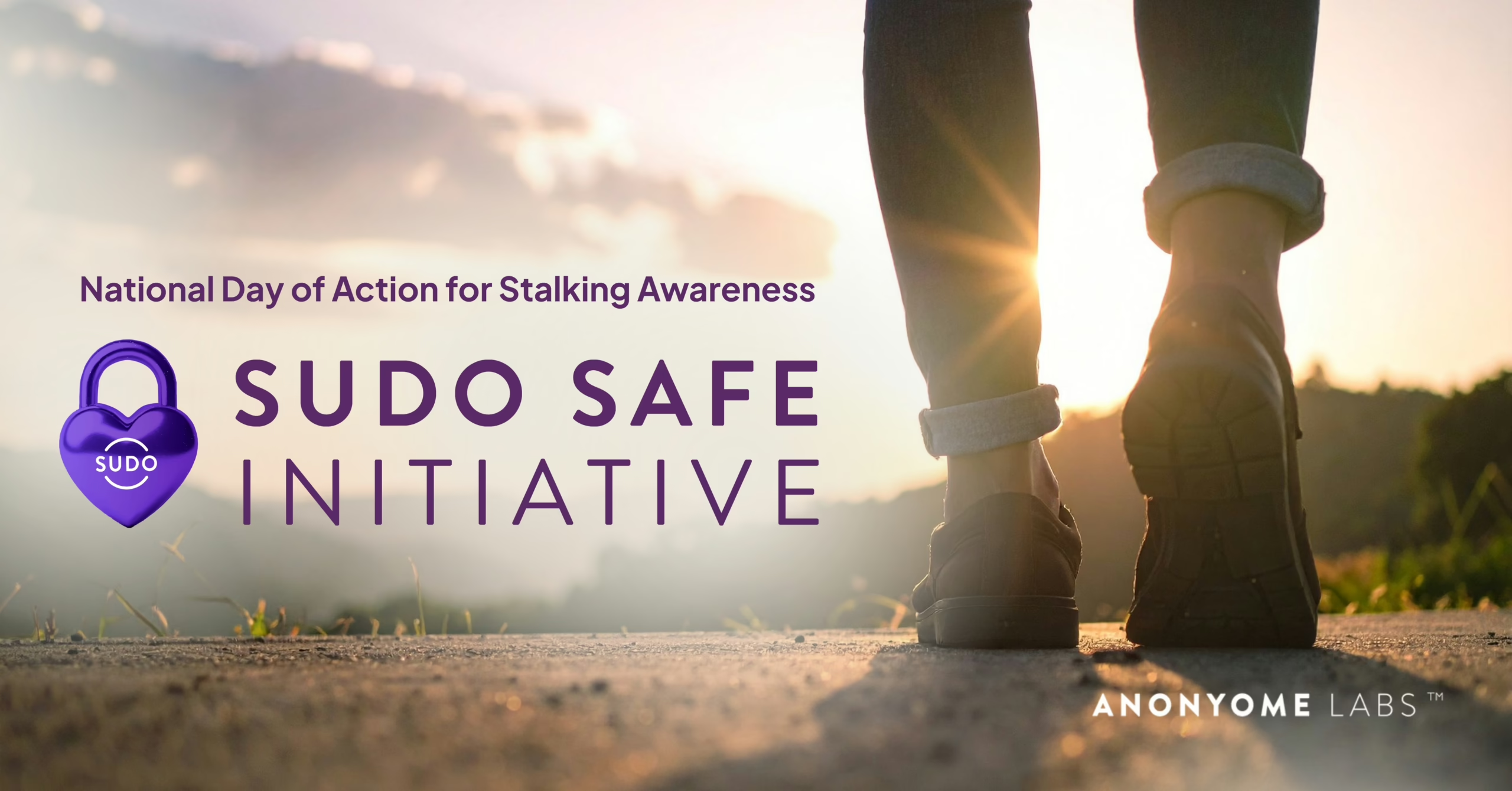Companies want to sell you their products and services. To have the best chance of landing the sale, they want to know as much information about you as possible. For example, they want to know your age and marital status, where you live, your email address, employer, how much money you make, how many children you have, where you shop, what you buy, your medical conditions and health issues, and who you vote for and support. Basically, marketershighly prize any information that helps them to better target you in their sales push.
This information is called consumer data and the business of tracking and trading it is called surveillance capitalism.
Data brokers grease the wheels of surveillance capitalism.
We’ve talked about data brokers a bit on this blog. We’ve explained that data brokers are companies that harvest, manipulate and even misrepresent consumer data and sell it to companies, usually for marketing purposes. Data brokers are legitimate but unregulated businesses, there are about 4,000 of them worldwide, and their industry is worth about US $200 billion annually.
One of the world’s largest data brokers is Acxiom, which in 2020 had 23,000 servers collecting and analyzing up to 3,000 data points per person from 500 million consumers globally. Clearly, data insights are big business on a global scale.
But let’s back up a bit and look at how data brokers find your personal information.
The data search is surprisingly easy. As a person living a highly connected life online and off, your everyday activities leave rich trails of information: think public records, online interactions, and search and purchase history.
Many of the brands and companies you interact with and buy from have long since recognized that their customers’ data is an additional lucrative product they can sell to others for profit. Around 1,500 “leading brands” sell the data from their customer loyalty programs, and that data can go into many different databases. Some of these brands are Google and Facebook, and even your bank. You might be shocked to discover that banks have joined the masters of surveillance capitalism in profiting from your personal information. In fact, banks have a clearer picture of your buying habits than most other organizations because they have real information about where you shopped and how much you spent. And what you bought today is usually a great predictor of what you will buy tomorrow so they can extrapolate valuable insights. Your credit and debit card activity and activity within loyalty programs are the highly lucrative “data lakes” that banks can plunder and sell to data brokers and others for a price.
Unsurprisingly, your social media activity reveals a lot about you too. Every like, share and follow, and everything you engage with (competitions, quizzes, news articles, web sites) are grist for the data mill. And public records can fill in some gaps: court records and marriage licensing registers, for instance, are rich with accessible data.
Now let’s think about what happens to the data.
Once data brokers have the information, they sell it, usually in list form. Your email address on a list of people with a particular medical condition such as diabetes would be worth about $80 and on a list of a particular class of travellerabout $250.
As we said, companies use the valuable aggregated data they buy from data brokers to fuel their marketing campaigns. They use it to tailor ads to your likes and to make highly specific product recommendations related to your searches. Have you noticed eerily relevant ads crossing your screen within seconds of searching for an item or a narrower social media feed focusing on only certain content themes you’re interested in? In short, companies use your data to manipulate your browsing, buying and even voting behaviors. The cherry on top for these companies is they can use the data to improve their own product offerings and supply chains.
So, what can you do about it?
Realistically, every action we perform online has become a piece of data that is used to coerce and constrain our digital experiences, so most consumers find it nearly impossible to avoid the data trap. Companies make opting out of data collection intentionally challenging and time consuming, but there are some services that will keep your data out of collections for a fee.
It’s far easier to escape the clutches of data broking by using privacy-first tools like MySudo to de-aggregate yourpersonal data, based on the powerful data protection strategy of compartmentalization, and by making conscious choices to only do business with brands that respect and safeguard your personal data.
Download MySudo for iOS or Android.
Want more? Learn how bad the global data privacy crisis really is.



